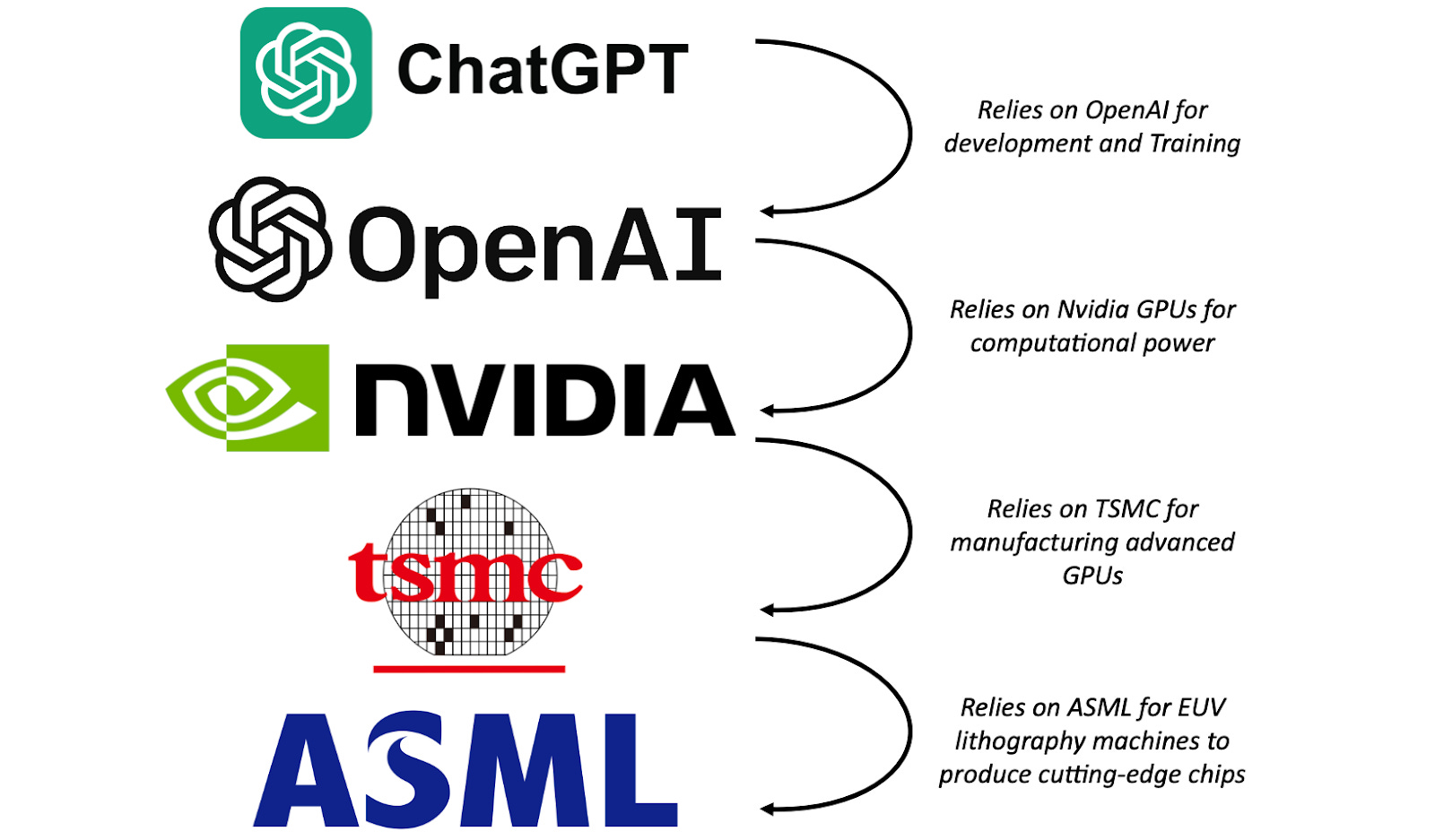How AI Is Already Transforming the News Business — from politico.com by Jack Shafer
An expert explains the promise and peril of artificial intelligence.
The early vibrations of AI have already been shaking the newsroom. One downside of the new technology surfaced at CNET and Sports Illustrated, where editors let AI run amok with disastrous results. Elsewhere in news media, AI is already writing headlines, managing paywalls to increase subscriptions, performing transcriptions, turning stories in audio feeds, discovering emerging stories, fact checking, copy editing and more.
Felix M. Simon, a doctoral candidate at Oxford, recently published a white paper about AI’s journalistic future that eclipses many early studies. Swinging a bat from a crouch that is neither doomer nor Utopian, Simon heralds both the downsides and promise of AI’s introduction into the newsroom and the publisher’s suite.
Unlike earlier technological revolutions, AI is poised to change the business at every level. It will become — if it already isn’t — the beginning of most story assignments and will become, for some, the new assignment editor. Used effectively, it promises to make news more accurate and timely. Used frivolously, it will spawn an ocean of spam. Wherever the production and distribution of news can be automated or made “smarter,” AI will surely step up. But the future has not yet been written, Simon counsels. AI in the newsroom will be only as bad or good as its developers and users make it.
Also see:
Artificial Intelligence in the News: How AI Retools, Rationalizes, and Reshapes Journalism and the Public Arena — from cjr.org by Felix Simon
TABLE OF CONTENTS
- Executive Summary
- Introduction
- Chapter I: AI in the News: Reshaping Production and Distribution?
- Chapter II: Platform Companies and AI in the News
- Chapter III: Drawing the Loose Ends Together
- Conclusion
Nvidia just launched Chat with RTX
It leaves ChatGPT in the dust.
Here are 7 incredible things RTX can do: pic.twitter.com/H6K4oJtNcH
— Poonam Soni (@CodeByPoonam) March 2, 2024
EMO: Emote Portrait Alive – Generating Expressive Portrait Videos with Audio2Video Diffusion Model under Weak Conditions — from humanaigc.github.io Linrui Tian, Qi Wang, Bang Zhang, and Liefeng Bo
We proposed EMO, an expressive audio-driven portrait-video generation framework. Input a single reference image and the vocal audio, e.g. talking and singing, our method can generate vocal avatar videos with expressive facial expressions, and various head poses, meanwhile, we can generate videos with any duration depending on the length of input video.
Adobe previews new cutting-edge generative AI tools for crafting and editing custom audio — from blog.adobe.com by the Adobe Research Team
New experimental work from Adobe Research is set to change how people create and edit custom audio and music. An early-stage generative AI music generation and editing tool, Project Music GenAI Control allows creators to generate music from text prompts, and then have fine-grained control to edit that audio for their precise needs.
“With Project Music GenAI Control, generative AI becomes your co-creator. It helps people craft music for their projects, whether they’re broadcasters, or podcasters, or anyone else who needs audio that’s just the right mood, tone, and length,” says Nicholas Bryan, Senior Research Scientist at Adobe Research and one of the creators of the technologies.
How AI copyright lawsuits could make the whole industry go extinct — from theverge.com by Nilay Patel
The New York Times’ lawsuit against OpenAI is part of a broader, industry-shaking copyright challenge that could define the future of AI.
There’s a lot going on in the world of generative AI, but maybe the biggest is the increasing number of copyright lawsuits being filed against AI companies like OpenAI and Stability AI. So for this episode, we brought on Verge features editor Sarah Jeong, who’s a former lawyer just like me, and we’re going to talk about those cases and the main defense the AI companies are relying on in those copyright cases: an idea called fair use.
FCC officially declares AI-voiced robocalls illegal — from techcrunch.com by Devom Coldewey
The FCC’s war on robocalls has gained a new weapon in its arsenal with the declaration of AI-generated voices as “artificial” and therefore definitely against the law when used in automated calling scams. It may not stop the flood of fake Joe Bidens that will almost certainly trouble our phones this election season, but it won’t hurt, either.
The new rule, contemplated for months and telegraphed last week, isn’t actually a new rule — the FCC can’t just invent them with no due process. Robocalls are just a new term for something largely already prohibited under the Telephone Consumer Protection Act: artificial and pre-recorded messages being sent out willy-nilly to every number in the phone book (something that still existed when they drafted the law).
EIEIO…Chips Ahoy! — from dashmedia.co by Michael Moe, Brent Peus, and Owen Ritz

Here Come the AI Worms — from wired.com by Matt Burgess
Security researchers created an AI worm in a test environment that can automatically spread between generative AI agents—potentially stealing data and sending spam emails along the way.
Now, in a demonstration of the risks of connected, autonomous AI ecosystems, a group of researchers have created one of what they claim are the first generative AI worms—which can spread from one system to another, potentially stealing data or deploying malware in the process. “It basically means that now you have the ability to conduct or to perform a new kind of cyberattack that hasn’t been seen before,” says Ben Nassi, a Cornell Tech researcher behind the research.








